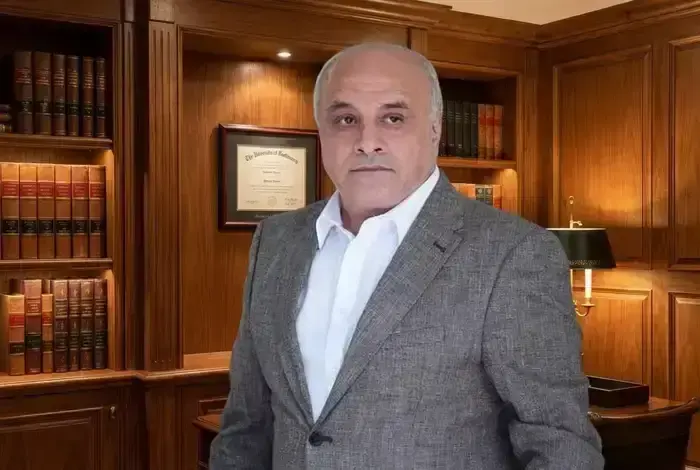A U.S. federal court has blocked former President Donald Trump’s broad tariff program, delivering a major setback to one of the core pillars of his economic strategy. The Court of International Trade ruled that Trump lacked the legal authority to impose sweeping tariffs on nearly all of America's trading partners by invoking emergency powers.
The Manhattan-based court determined that the International Emergency Economic Powers Act (IEEPA), the 1977 law Trump cited, does not give the president unilateral authority to override Congress's constitutional control over international trade. According to the court, Congress holds the exclusive right to regulate commerce with foreign nations, and this authority was not diminished by the president's duty to safeguard the economy.
The Trump administration quickly filed an appeal, indicating a likely legal battle ahead.
Who Filed the Case?
Two separate lawsuits prompted the ruling. One was brought by the Liberty Justice Center, a nonpartisan legal group representing small businesses that import goods from countries affected by the tariffs. The other was filed by a coalition of 12 U.S. state governments opposing the additional import taxes. These cases represent the first significant legal challenges to Trump’s controversial “Liberation Day” tariffs.
A panel of three judges ruled that the IEEPA does not authorize the president to implement such broad trade measures. They also blocked another set of tariffs aimed at China, Mexico, and Canada, which had been justified as a response to drug trafficking and illegal immigration.
However, the court did not evaluate tariffs imposed on specific goods like automobiles, steel, and aluminum, as those fall under separate legal statutes.
Reactions to the Ruling
The White House criticized the court’s decision, although Trump himself has not issued a personal statement. White House Deputy Press Secretary Kush Desai stated, “It is not for unelected judges to decide how to properly address a national emergency,” adding that the administration remains committed to using all executive powers to restore the nation’s economic strength.
In contrast, Letitia James, New York’s Attorney General and one of the plaintiffs, applauded the ruling. “The law is clear: no president has the power to single-handedly raise taxes whenever they like,” she said. James called the tariffs a “massive tax hike on working families and American businesses,” warning that they could have worsened inflation and triggered widespread job losses had they continued.
The financial markets responded positively. Stock markets across Asia climbed following the ruling, U.S. stock futures rose, and the dollar gained strength against traditionally safe currencies like the yen and the Swiss franc.
What Happens Next?
The White House now has 10 days to initiate the formal process of suspending the tariffs, though many had already been paused. The case will move through the appeals system, and the next court could be more favorable to Trump’s arguments.
If the ruling is upheld in higher courts, U.S. Customs and Border Protection (CBP) will instruct its officers to stop collecting the tariffs. Companies that paid the duties could also receive full refunds with interest—especially those that paid under the “reciprocal tariffs,” which imposed a standard 10% rate on most imports and up to 145% on goods from China, now reduced to 30%.
For now, the situation at U.S. ports remains unchanged, and tariffs are still being collected until the appeals process concludes. John Leonard, a former senior CBP official, explained that practical changes at the border won’t occur until all legal options are exhausted.
Stephen Innes of SPI Asset Management commented that the ruling brought a sense of relief to investors who had endured weeks of market volatility due to the trade tensions. “The Oval Office isn’t a trading desk, and the Constitution isn’t a blank cheque,” Innes remarked. “Executive overreach may finally have found its ceiling.”
Paul Ashworth of Capital Economics said the ruling complicates the Trump administration’s efforts to finalize trade deals during a brief pause in tariff enforcement. He predicted that many countries will adopt a wait-and-see approach before engaging in further negotiations.








.svg)



